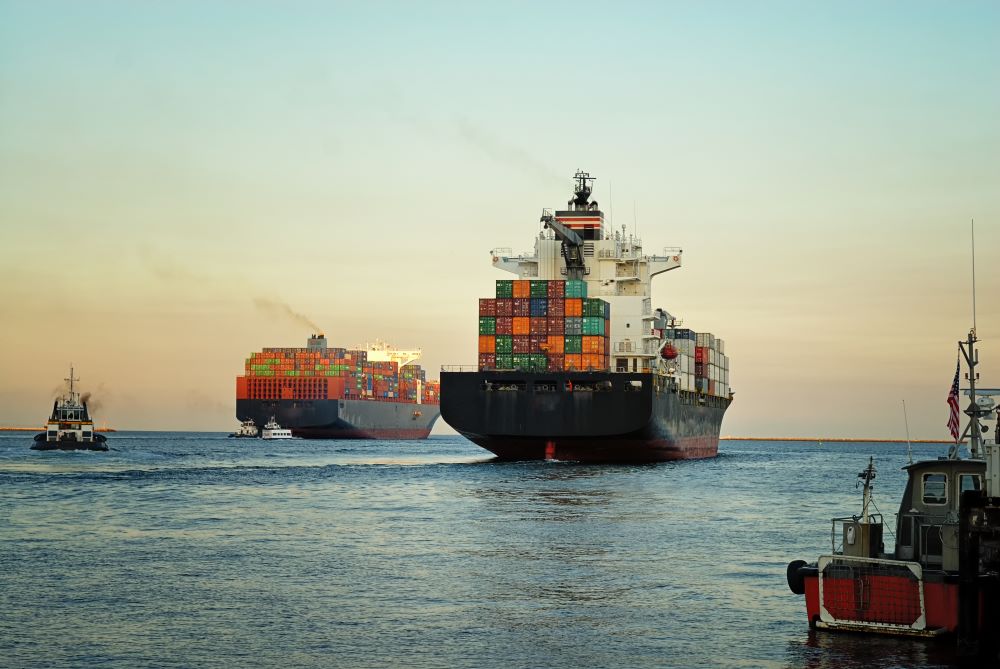
Trade associations have welcomed the government’s newly published strategic plan for the UK’s “world beating” freight sector.
The ‘Future of Freight’ plan outlines five priority areas in response to challenges faced by the sector, including:
- Developing a multi-modal National Freight Network (NFN)
- Supporting the transition to net zero
- Embedding freight in planning, transport and design policy
- Expanding awareness of careers
- Increasing the use of technology in the sector
Key role
Introducing the plan, minister Trudy Harrison, said:
“Moving goods efficiently has underpinned Britain’s historical growth, prosperity and global influence.
“In today’s increasingly interconnected and competitive global economy, we need a world beating freight and logistics sector that will deliver the greener, fairer, and stronger economy we need.”
Sector support
Michelle Gardner, head of public policy at Logistics UK, told HGV UK that the plan reaffirmed government support for one of the largest sectors of the UK economy.
“The inclusion of £7 million investment to boost the uptake of innovative new technologies and the development of a National Freight Network is particularly welcome,” she said.
“The government is also right to focus on planning rules to reduce barriers to building new logistics developments and driver parking and facilities – we look forward to engaging with the call for evidence,” she added.
Warehouse support
The UK Warehousing Association (UKWA) also welcomed the plan, reports Global Cold Chain News.
Clare Bottle, chief executive of UKWA, said: “This plan focuses on meeting some of the key challenges faced by the UK’s warehousing sector, as well as the wider logistics industry. It’s important that industry plays its part but equally that relevant areas of government collaborate to ensure its success.”
'Generation Logistics'
As part of the plan, a major campaign has been launched to recruit and retain a skilled workforce in the logistics sector, the government has announced.
The Generation Logistics campaign – led by Logistics UK, the Chartered Institute of Logistics and Transport in the UK – is being backed by £345,000 in government funding and includes an online hub full of resources, learning materials and job openings, as well as TV and radio adverts.
Supply chain tsar
The UK has been impacted by a shortage of HGV drivers for much of the the last year. The government has tried to address this with a range of measures including increasing the number of driving test slots, investing in new roadside facilities and introducing bootcamps for driver training.
Last year, Boris Johnson also appointed former Tesco boss Sir Dave Lewis as a ‘supply chain tsar’ to help clear “current blockages” and work on “pre-empting potential future ones”.
According to Sky News, Lewis was appointed by the PM to conduct a three-month review and concluded that major infrastructure changes were needed to avert repeated crises.
“The opportunity to step back and strategically consider infrastructure options which reflect the changing consumption habits of the population, the decarbonisation agenda and the need to enhance supply chain capacity and resilience is very real,” he wrote in an email to participants in his review.



